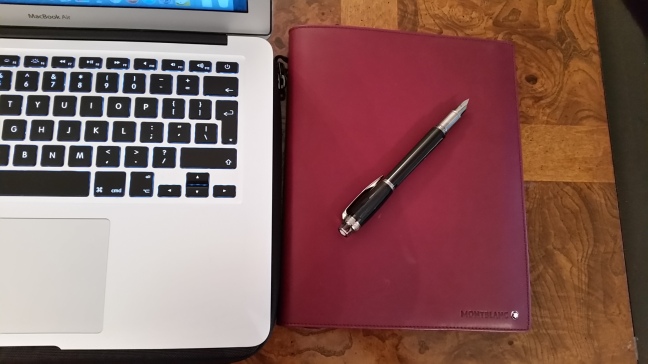This is arguably one of the best pieces of advice I have ever received, and something that everybody could and should be doing. We set aside money for clothes, food, bills and entertainment so why shouldn’t we also put some money towards improving our lives? This is an investment of time and money that can offer lifelong benefits.
Before we go on, please allow me to clarify what I mean by investing in yourself. What I am NOT referring to are the seemingly endless supply of motivational books, online programmes or conferences. For me, these do not have a lasting effect, other than to provide a quick motivational boost. A lot of people do find value in them, and I respect that. All I am saying is that there is something better to invest your time and money in, and the benefits would be much longer lasting.
One shortfall of much of the personal development and motivational material available is its the rose-tinted view of the world which it portrays. They tend to follow a similar pattern. Tell the audience that they have the power within them to achieve anything they desire, and back this up with examples of people who have succeeded against all odds. The recurring message tends to be the power which you have to achieve whatever you want. You can do it. The world is yours. These people have achieved massive success, and so can you. Motivating people is great. We all need a confidence boost at times. Thing is, these books and courses only tell half of the story. They provide the spark or catalyst to take action in the direction of your goals. They fill you with confidence to take those vital first steps. BUT they don’t spend enough time advising how to maintain your motivation once the initial excitement wears off, or how to deal effectively with the setbacks and problems which you encounter. The cynic in me believes that there is a reason for this. It’s good business sense. After all, when someone reads your book and goes after their goals with a vengeance, the moment that their progress slows or they hit a roadblock they will return to your books and material for advice about how to get back on track. After all, it was your material which helped them to get started in the first place.
I’m not saying that the above material should be avoided, because it is a wonderful motivator and confidence builder. All I am sharing here is my belief that your time and money could be put to better use and the benefits would be longer lasting.
Of all the things which formal education prepares us for, there are some huge gaps. These gaps can be summed up as life skills, and without a good understanding of them they can place a person at a huge disadvantage, potentially sabotaging your success. I strongly believe that more time should be devoted to;
- Bank Accounts. How to open an account, and understand the different types of bank account and the benefits of one over another.
- Budgeting. How to develop a habit of organising your finances in order to be able to pay rent, a mortgage or bills while leaving enough money available for food, petrol and entertainment.
- Loans and Credit Cards. Understanding the interest rates and repayment terms. How to work out how much you will end up repaying.
- Pensions and Taxation. How to understand the deductions that will be taken from your paycheck and how they might affect you.
- Savings and Investments. How to make the most of your money, as opposed to leaving it in a low-interest current account, and the risks involved.
- Effective communication in both your personal and professional life.
- How to network. Do certain situations have unwritten rules which you are expected to follow? If so, what are they? What if you are naturally shy or an introvert? What strategies could be employed to overcome this?
The above list is by no means definitive, but covers the essentials. They sound far less interesting than some book titles, but without even a basic understanding of them, there is a real risk of missed opportunities, debt accumulation or being taken advantage of by others. I have lost count of the amount of people I have met who have been taken advantage of by unscrupulous loans and credit card companies, or have suffered at the hands of an inept financial advisor. To a certain extent, they could have protected themselves better and avoided much of the misfortune which visited them if they had been more knowledgeable of what they were getting into and its consequences.
The good news is that there is a lot of help and advice available. There are plenty of books on the above subjects, but there are also a number of debt charities who provide free resources, advice and guidance to anybody who takes the time to visit their website or give them a call. Some banks even have trained specialists to guide you through any of the above topics, and it’s free. All you have to do is just book an appointment.
Instead of the latest offering by a self-help guru, why not pick up a book or book a course which can help you to better understand and manage your finances? It’s a less exciting read, but the benefits will be huge. After all, no matter how much you earn, if you don’t have a good grasp on your finances you will always struggle. Furthermore, the more you understand and are able to do yourself, the less you will have to place in the hands of others.
















